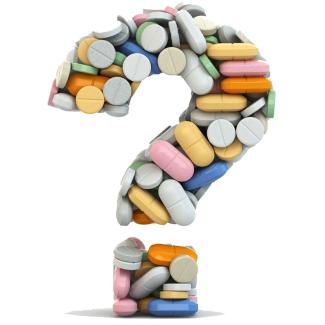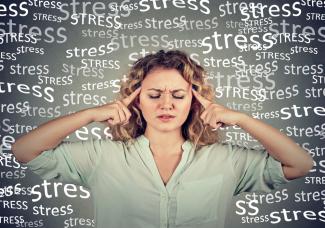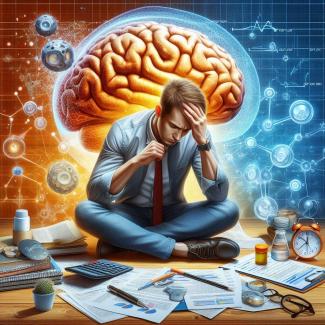
Postpartum depression (PPD) is a form of clinical depression that affects some women after giving birth. It can also affect fathers and partners, although it is more commonly associated with new mothers. PPD is different from the "baby blues," which are relatively common feelings of sadness and mood swings that occur in the days or weeks following childbirth. PPD is a more severe and persistent condition. Here are the symptoms, diagnosis, and treatment options for postpartum depression:
Symptoms:
- Persistent sadness: A deep and enduring feeling of sadness or emptiness that lasts for most of the day.
- Fatigue: Feeling extremely tired and having low energy levels, even when sleeping.
- Loss of interest or pleasure: A lack of interest in activities and hobbies that were previously enjoyable.
- Changes in appetite: Significant weight loss or gain due to changes in eating habits.
- Sleep disturbances: Either difficulty falling asleep or staying asleep, or sleeping excessively.
- Irritability or anger: Frequent mood swings and irritability.
- Feelings of guilt or worthlessness: Feeling like a failure as a parent or experiencing guilt over not being able to bond with the baby.
- Difficulty concentrating and making decisions: Cognitive impairment and difficulty focusing on tasks.
- Physical symptoms: Headaches, stomachaches, and other physical discomforts with no apparent cause.
- Withdrawal from family and friends: Isolating oneself and avoiding social interactions.
Diagnosis: Diagnosing postpartum depression usually involves a healthcare provider or mental health professional conducting a thorough evaluation. This typically includes a discussion of your symptoms, medical history, and a psychological assessment. They may also rule out other medical conditions that could be causing your symptoms. The Diagnostic and Statistical Manual of Mental Disorders (DSM-5) provides specific criteria for diagnosing PPD. The symptoms should persist for at least two weeks and significantly interfere with daily functioning.
Treatment:
- Psychotherapy: One of the most common and effective treatments for PPD is psychotherapy, including cognitive-behavioral therapy (CBT) and interpersonal therapy (IPT). These therapies can help individuals understand and manage their emotions and develop coping strategies.
- Medication: In some cases, healthcare providers may prescribe antidepressant medications, such as selective serotonin reuptake inhibitors (SSRIs). Medication can be particularly beneficial when the symptoms are severe, but it's essential to weigh the potential benefits against the risks, especially if breastfeeding.
- Support groups: Joining a support group with other parents who are experiencing or have experienced PPD can provide a sense of community and understanding.
- Self-care: Engaging in self-care activities, such as getting enough rest, eating a balanced diet, and finding time for relaxation and exercise, can also be helpful.
- Support from loved ones: Friends and family can offer emotional support and assistance with childcare to reduce stress.
It's essential to seek help if you or someone you know is experiencing symptoms of PPD, as early intervention and treatment can make a significant difference in the course of the condition. If left untreated, PPD can have a profound impact on both the individual and their family. A healthcare provider can help determine the best course of action based on the severity of symptoms and individual circumstances.






